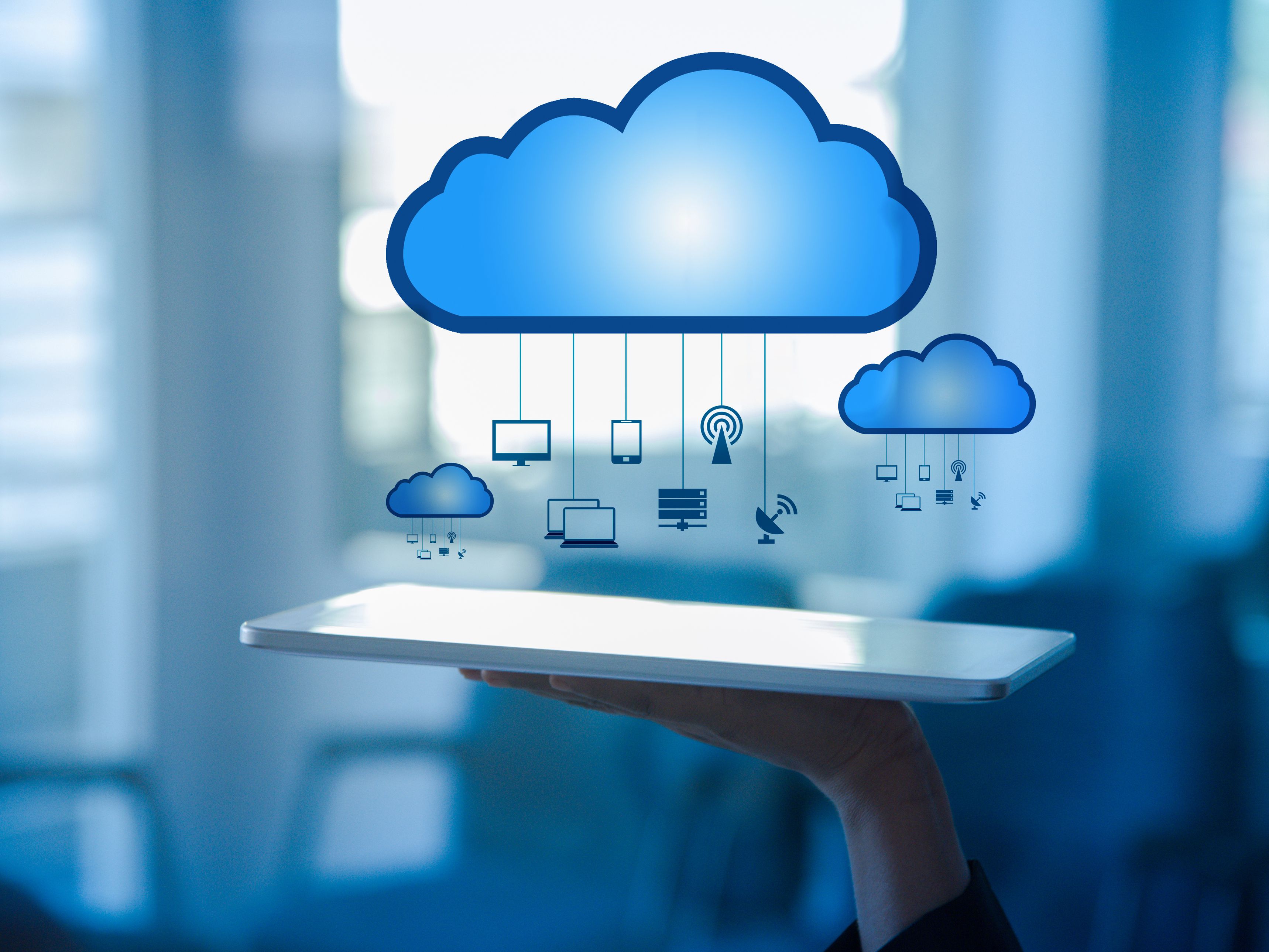


Written by - Deepak Kumar
Uploaded on - 14/04/2022
Cloud computing is access to where needed, online to make computer applications, servers, data storage, development tools, communication capabilities, and much more that can be hosted in a remote data center hosted by cloud service providers.
Products used in cloud computing:Gmail, Google Drive, Google Images, Microsoft Onedrive, Netflix, or Prime Video. Cloud computing is a major change in the way businesses generally think about IT services because of these factors.
Cloud computing eliminates the huge cost of purchasing hardware and software as well as setting up and deploying data centers on-site — server racks, hourly power supply and cooling, and IT infrastructure management professionals. Usually, with just a few clicks, it gives businesses more flexibility and removes the pressure on energy efficiency.
Cloud computing makes data backup, disaster recovery, and business continuity easier and less expensive because data can be displayed on multiple sites that do not work on the cloud provider network. Many cloud providers offer a comprehensive set of policies, technologies, and controls that strengthen your overall security environment.
All cloud providers often upgrade to the latest generation of fast and efficient computer systems.
Not all clouds are the same and no single type of cloud computing is suitable for everyone. Several different models, types, and services have been developed to provide the right solution for your needs.
First, you need to determine the type of cloud deployment or cloud computing, in which your cloud services will be used. There are three different ways to use cloud resources: public cloud, private cloud, and combined cloud.
Public clouds are owned and operated by third-party cloud service providers, who deliver their computer services such as servers and storage online. Microsoft Azure is an example of a public cloud. With the public cloud, all hardware, software, and other supporting infrastructure are managed and managed by a cloud provider. You access these services and manage your account using a web browser.
Private cloud refers to cloud computing services used exclusively by a single business or organization. The private cloud can be physically accessed on the company's website. Some companies also pay third-party service providers to keep their cloud private. A private cloud is where resources and infrastructure are stored on a private network.
Combined clouds include public and private clouds, integrated with technologies that allow data and applications to be shared between them. By allowing data and applications to navigate between private and public clouds, the integrated cloud provides your business with greater flexibility, and more supply options and helps improve your existing infrastructure, security, and compliance.
Cloud computing is not just one piece of technology like a microchip or mobile phone. Instead, the system consists of three resources:
That is why cloud computing is a necessary and expensive product but with all the speed, efficiency, and innovation that comes with cloud computing, there are, naturally, some risks. Encryption protects important information, but when that encryption key is lost, the data disappears. And servers maintained by cloud computing companies may be victims of natural disasters, internal disruptions, and power outages, too.